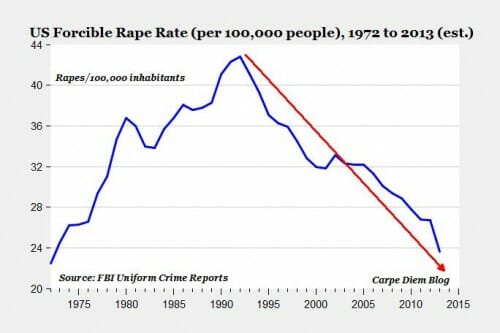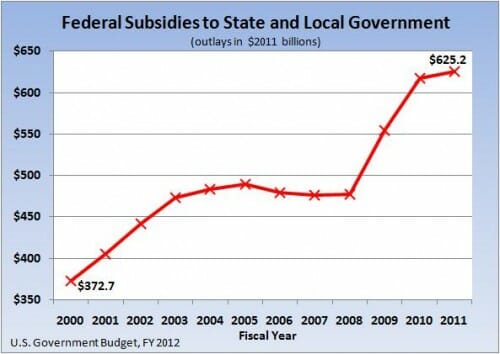Of the more partisan blogs I read, I have always enjoyed Captains Quarters for being thoughtful and well-written. Ed Morrissy is clearly as skeptical about open immigration as I am supportive of it, which I am generally willing to put into the "intelligent people will disagree" category, until I found this bit a little frightening (emphasis added):
As I have written repeatedly over the past two years, we simply cannot
throw out 12 million people overnight, so some sort of guest-worker
program is inevitable, if for no other reason than to get an accurate
accounting of the aliens in our nation. Either that, or we will have to
herd people into concentration camps, a solution that will never pass
political muster even if were remotely possible logistically. That
program could form a basis of a comprehensive immigration "reform", if
properly written.
Is the implication that his only real problems with American concentration camps for people born in Mexico are logistical? When one typically says that an idea can't pass political muster, they generally are referring (with a wistful sigh) to what they consider a good idea that for whatever reason could not survive the legislative process. Let's be clear: herding people into concentration camps based arbitrarily on their birth location is abhorrent, not logistically difficult.
I haven't called myself conservative for over 20 years, but I thought that most good conservatives would agree with the following statement:
"Our fundamental rights, from speech to association to property, are not granted to us by any government, but belong to us as a fact of our human existence."
Do conservatives still believe this? I know liberals gave up on it a while back - that is why I pay a transaction "privilege" tax in Arizona, which presumes that the ability to conduct commerce is a privilege that is granted by the government. But I thought conservatives stood by this statement. But if they still do, then on what basis can they argue that people not born within the US border somehow have lesser (or no) right to conduct commerce in this country, to buy and live in a home in this country, to sell their labor in this country, etc.? The only rights or activities or privileges a country should be able to deny non-citizens are those rights and privileges that flow from the government and not from our basic humanity. Which are.... none (update: OK, maybe one: Voting, since this is inherently tied up with government. I have written before about why I think voting is one of our less important rights).
I understand there are good and valid concerns about government handouts and taxpayer-paid services flowing to recent immigrants, but to solve this narrow concern, "reform" discussion should be about setting minimum qualification standards for such services or handouts, and not about putting Mexicans in concentration camps.
Update: A number of readers have scolded me for overreacting to the Morrissey quote, arguing that the quote is just dry understatement rather than any revelation of sinister plans. Fine. I have friends who are both legal and illegal immigrants her in Phoenix, as well as several who are in-between (i.e. are constantly battling to hang on to their visa status by their fingernails) so I have personal emotions in the game here that may make me overly sensitive.
I will admit to a huge blind spot: I just cannot comprehend why Americans, none of whose families are native to this land, get so upset about high levels of immigration, beyond the public services issue. And the more I think about this latter, the more I am convinced making everyone legal combined with some eligibility waiting periods (for voting, welfare, etc) would generate more tax revenue than it would consume. In fact, high levels of immigration may be the only viable solution to the demographic bomb we have with social security and medicare. (By the way, the public services issue is one reason the Democrats have, if possible, an even less viable position than Republicans. Our Democratic governor has publicly supported continuing free government services to illegal immigrants but opposed allowing them to work. This makes sense, how?)
I do understand there is "law and order" argument that goes "well, those folks are breaking the law, and we have got to have respect for the law." Here's a proposal. Everyone who has never knowingly violated the speed limit, never done a rolling stop at a stop sign, and never tried illegal narcotics in college are all welcome to make the argument to me about the need to strictly enforce every law on the books. This same logic is used to send refugees escaping Cuba back to Cuba, and it sucks.


